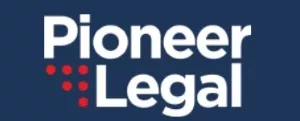The Bombay High Court (Bombay HC) highlighted the need to strike a balance between press freedom and an individual's right to reputation. It acknowledged the crucial role of investigative journalism in society but cautioned against defaming individuals in the process.
Justice Bharati Dangre emphasized that journalists cannot justify publishing content that may incite hatred, ridicule, or contempt towards an individual under the pretext of serving public interest, even if they have a track record of exposing scams.
The issue in the instant case involved the respondent's distribution of information via online platforms, which the applicant alleged to be false, derogatory, and misleading. The applicant filed for INR 100 crores in damages and a permanent injunction against the defendant, as well as a prohibition on the respondent from publishing or sharing any defamatory material about the applicant.
The case originates from an FIR filed on November 7, 2023, which implicated the applicant in various criminal offenses, including cheating, forgery, and fraud. The respondent, a journalist, published a series of articles linking the applicant to illegal activities such as online betting and hawala transactions. The defendant defended his actions as journalistic freedom, asserting his duty to report matters of public interest and raise awareness about potential scams. He claimed to provide truthful and impartial reporting to his audience.
However, the court approved the interim application, granting a temporary injunction against the defendant. This injunction prohibited the defendant from publishing or sharing any defamatory material about the applicant. Furthermore, the defendant was also instructed to remove ten specified videos and posts from YouTube, X (formerly Twitter), and Facebook within one week.
Originally published 08 May 2024
The content of this article is intended to provide a general guide to the subject matter. Specialist advice should be sought about your specific circumstances.




